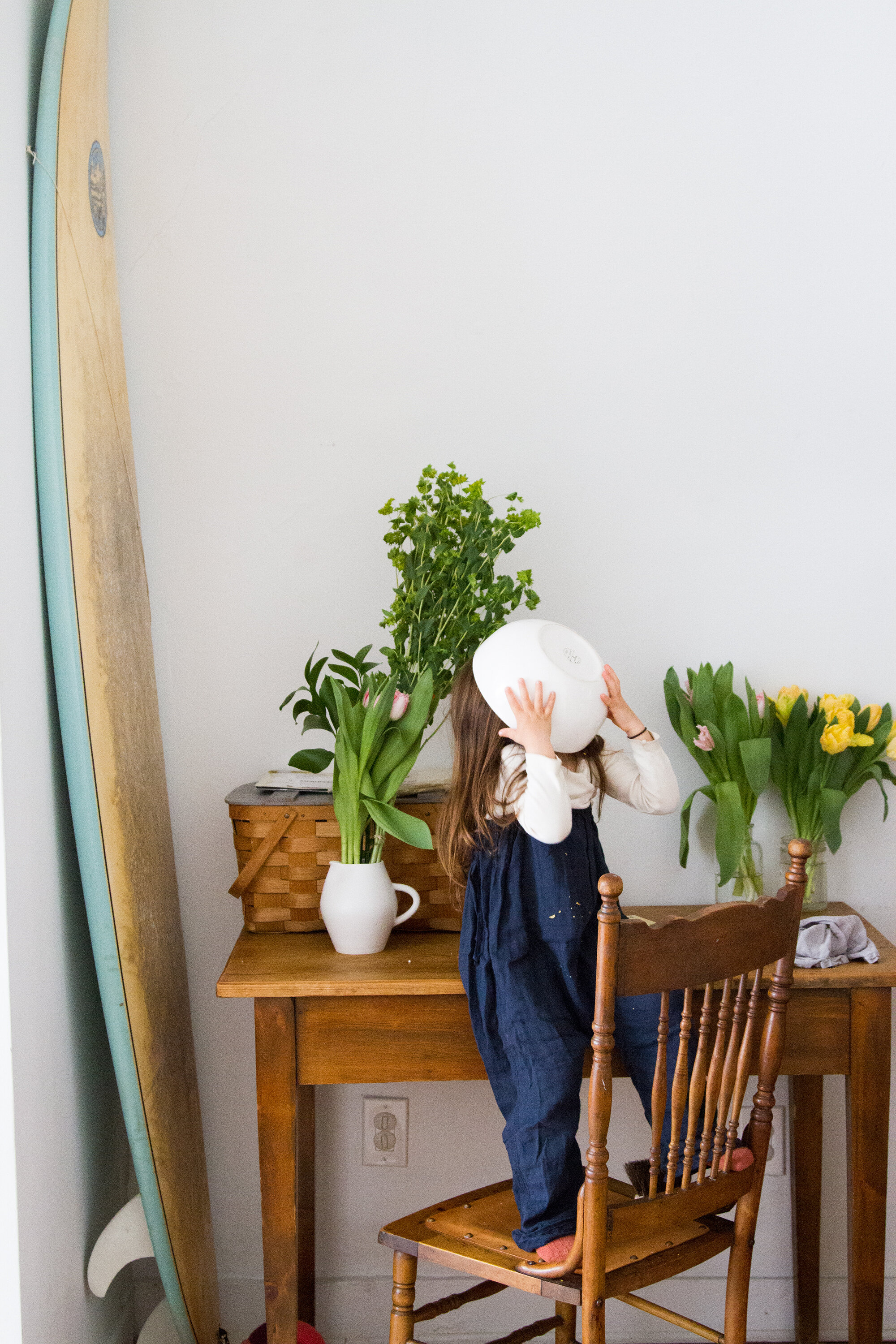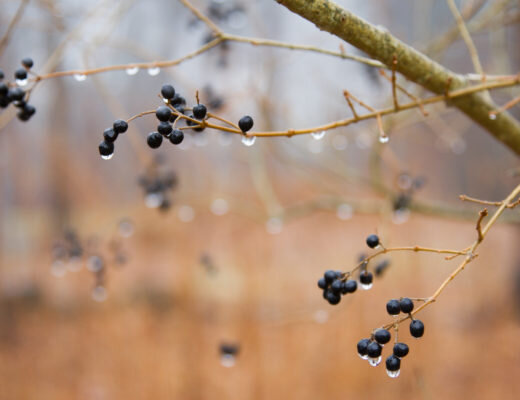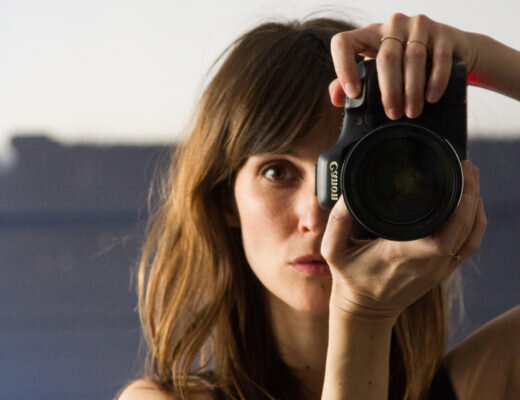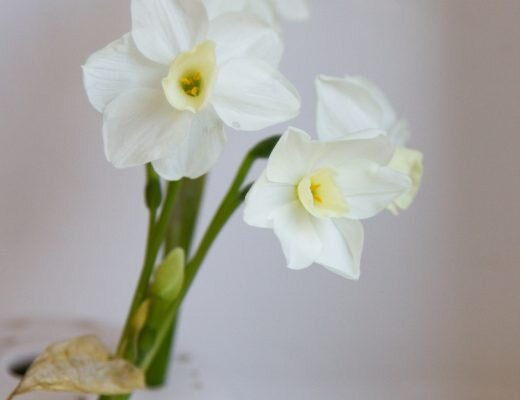
Faye and flowers and these words:
…These obligations sometimes frustrated Carson, but not half as much as they frustrate her biographers. For Lear, the author of “Rachel Carson: Witness for Nature” (1997) and the editor of an excellent anthology, “Lost Woods: The Discovered Writing of Rachel Carson” (1998), Carson’s familial obligations—in particular, the children—are nothing but burdens that “deprived her of privacy and drained her physical and emotional energy.” Lear means this generously, as a way of accounting for why Carson didn’t write more, and why, except for her Sun articles, she never once submitted a manuscript on time. But caring for other people brings its own knowledge. Carson came to see the world as beautiful, wild, animal, and vulnerable, each part attached to every other part, not only through prodigious scientific research but also through a lifetime of caring for the very old and the very young, wiping a dying man’s brow, tucking motherless girls into bed, heating up dinners for a lonely little boy. The domestic pervades Carson’s understanding of nature. “Wildlife, it is pointed out, is dwindling because its home is being destroyed,” she wrote in 1938, “but the home of the wildlife is also our home.” If she’d had fewer ties, she would have had less insight.
From The Right Way to Remember Rachel Carson by Jill Lepore in The New Yorker.
I read this piece a few weeks ago and haven’t been able to stop thinking about these words and the value of care, for our children, our elderly, our sick, ourselves, and, of course, for our planet.




11 Comments
Thank you from the bottom of my heart for alerting me to this article. How could I have missed it? Like Carson, my mother died young of breast cancer and I remember my father handing my teenaged self the compact green paperback, Silent Spring, months after her death. And yes, care for ourselves, our children, our elders and our planet — let it always be on our minds, in our hearts, and something we fight for every day.
The whole article is so beautiful. Thank you for sharing.
Thank you for sharing, Erin.
Thank you for this, for your words upon Carson’s words and the apt delicacy of Lepore’s reporting. The Right Way to Remember Rachel Carson, indeed. And to cherish the connection between humans who need us and the planet that needs us, too. Caretaking can be seen as antithetical to creativity, but what if the two are streams from the same spring?
I’m thinking about this excerpt as well as the Ursula K. LeGuin one you shared a while back, and wondering why so many critics assume family gets in the way of artistic creation. Sure, familial obligations make it more challenging to find time to create, but often they can open our eyes to so much more, make our intellectual and emotional lives so much richer. Since having my daughter, I’ve been so much more interested in creative pursuits I’d never imagined–sewing, embroidery, even attempting some natural cloth dyeing–and it’s all going into my writing, too, these thoughts about the world that are new and changed since she’s opened my eyes. It’s all interconnected. I wish more critics and others would value the art that comes out of caring for others rather than bemoaning its scarcity.
Excellent article on the link, thanks
In 1998 I became an adult parent to my 89 year old mother, and was on her team of caregivers for her last five years. It was a
powerful learning experience. My heart fills when I think of it.
I have hiked in Rachel Carson Conservation Park (648 acres) here in Montgomery County, Maryland, where “she left a portion of her property wild for the birds and frogs!”
Thank you for your awesome blog
Thank you for sharing the Rachel Carson piece; I would’ve missed it otherwise. My grandmother once read me ‘Undersea’ on a sticky summer day in her garden, but not before telling me that Carson was the only person she knew who brought words to science and science to words. I haven’t forgotten it, nor Carson’s wisdom.
So happy to have read more of her today.
(On a sidenote, so happy to have also read your book, finally, in two night’s time. It was a beautiful, thoughtful, and unputdownable. Thank you for such practical wit and sheer smarts!)
Jill Lepore has been CRUSHING it … this piece (and also the incredible piece on Mary Shelley.)
Loved this passage particularly, too. It still feels startlingly and sadly rare for someone to assert that this kind of caring can enrich an artist’s life …
erin,
i look forward to carving out some time to read and savour the article. i love the borrowed words series!
about care taking and creativity: i read this quote in the comment section of another blog post a few years ago and it seemed apt to share in response to your post.
“You never can do it all at the same time. I had trouble guessing whether it was better to engage serially over time with things that nourished my soul, or trying to cram it together and do it all at once even with children.
Praise from strangers is good, but it will always feel hollow if what you need are sustained, intensifying connections. You can reengage with the world of accomplishments later, but what you miss with your children, you miss; there is no later.
The zero-to-high-school period is pretty short and precious and I do think you reap what you sow during those years. I also think it’s better to be loved for who you are than what you do. I wish it had not taken me so long to start to live that.
With work, you can always start again. But there really is no gift like being with someone who adores you, needs you, wants you, and likes you. All of my children gave me that. It’s good to be a home to children.
It’s also good to strive to accomplish something else, to please yourself and others.
There is time for both.
There is energy for both.
Though maybe not at the same time, all at once.”
Oh my, beautifully said.
Comments are moderated.